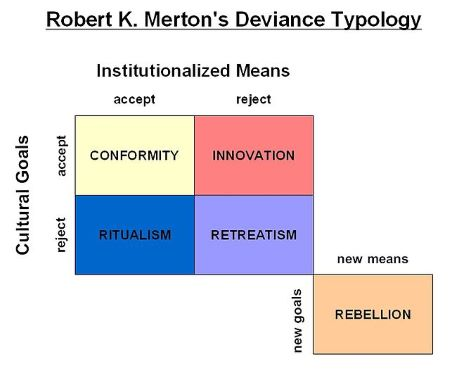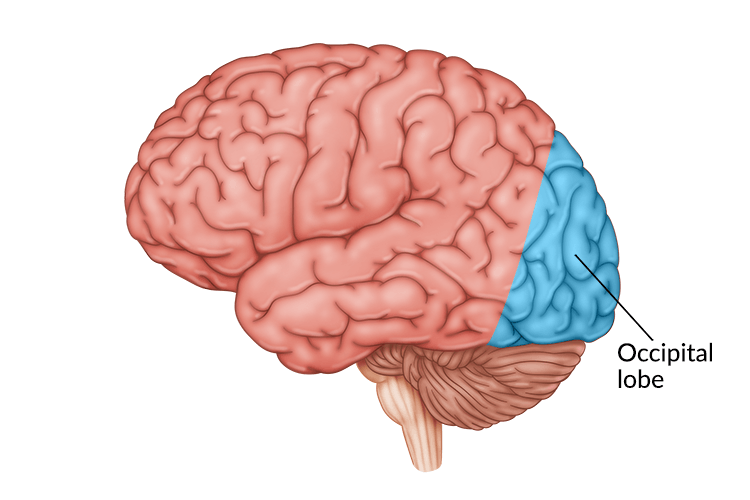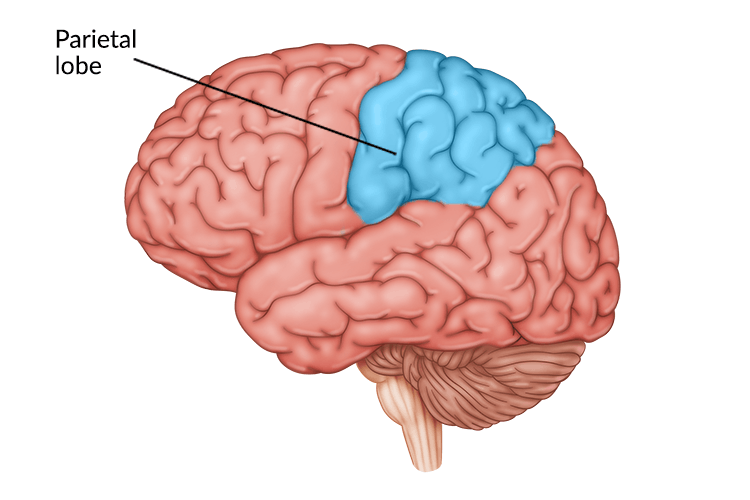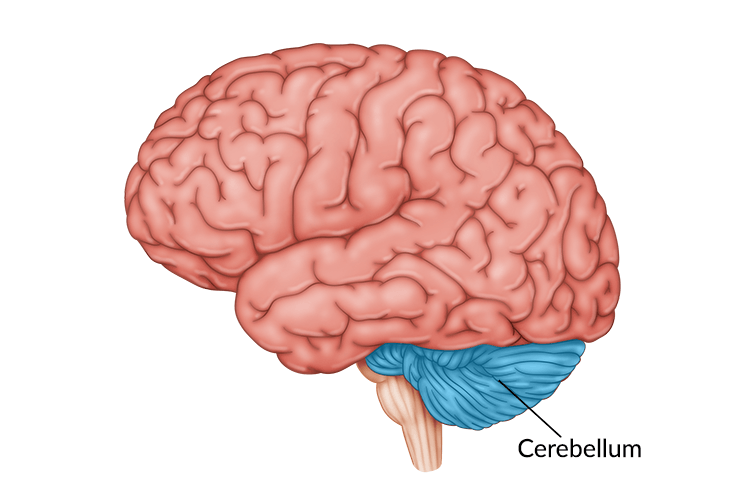FINAL EXAM REVIEW
1/119
There's no tags or description
Looks like no tags are added yet.
Name | Mastery | Learn | Test | Matching | Spaced | Call with Kai |
|---|
No analytics yet
Send a link to your students to track their progress
120 Terms
Karl Marx
German philosopher and sociologist who advocated for communism and developed Marxism.
Marxist Theory
Social and political theory that analyzes impact of the ruling class on the labourers (proletariat) by the ruling class (bourgeois), leading to uneven distribution of wealth and privileges in society.
Labour Theory of Value
Economic concept stating that the value of a service is determined by the necessary labor to produce it.
Conflict Theory
Social theory that society is in a state of perpetual conflict because of competition for limited resources. Society is composed of different groups that are defined by their access to and control over these resources.
Class Consciousness
Term to describe one’s awareness of their common status with others in a particular economic or social level of society. Key concept in Karl Marx’s conflict theory.
Max Weber
Sociologist known for theories on religion, social stratification, rationalization, and bureaucracy, as well as his expansion on Marx’s conflict theory.
Social Stratification
Society’s hierarchical categorization of its’ individuals based on wealth, caste, income, or education in society.
Theory of Rationalization
Max Weber’s term to describe the replacement of traditions, values, and emotions as motivators for behavior in society with concepts based on rationality and reason.
Classification of Authority
Charismatic, Traditional, and Rational-Legal authority types.
Theory of Bureaucracy
System where state officials make key decisions, characterized by hierarchy and rules.
Max Weber’s Social Action Theory
Critical theory that holds that society is a construction of interactions and meanings given to it by its members. It explains human behaviour at a microscopic, small-scale level. Social action is an action to which an individual attaches meaning.
Dorothy Smith
Sociologist that developed Feminist Standpoint Theory and emphasized the importance of female perspectives in sociology.
Ethnography
Research method focusing on a culture's social relations and lived experiences.
Betty Friedan
Critiqued the "Feminine Mystique" and the nuclear family, highlighting bioessentialism and intersectionality.
Intersectionality
Concept describing how different aspects of identity intersect to create unique forms of oppression.
Reginald Bibby
Canadian sociologist who studies human behavior. Believed that the best way to determine how people were thinking was to ask them directly and conducted many surveys over the course of his career, often these surveys were in the format of casual conversations.
Émile Durkheim
Functional sociologist known for structural functionalism, anomie, division of labor, and collective consciousness.
George Herbert Mead
Sociologist that is famous for his theories on social behaviorism, self, and symbolic interactionism.
Edward Said
Palestinian-American philosopher who advocated for Palestinian rights and coined the term Orientalism to describe prejudice and racism in academia.
George Dei
Addressed dropout rates and promoted Afrocentricity in education to dismantle eurocentric biases.
Karl Marx’s Antithesis of Conflict Theory
Reaction of the proletariat as their socio-economic conditions worsen, leading to a revolt to smooth the conflict. However, the conflict would repeat as bourgeois try to return to the structures that favoured them.
Max Weber’s Interpretation of Conflict Theory
Believed that conflict theory was not just exclusive to the proletariat and the bourgeois, and there were multiple layers of conflict existing at any given point. He also expanded on how conflict can generate beliefs and solidarity between individuals, and how our reactions to inequality depend on other factors.
False Consciousness
Antithesis of class consciousness, distorted idea of one’s class identity and interests.
Functional Sociology
Looks at how different parts of society contribute & work together to maintain the stability to ensure social order and equilibrium.
Durkheim’s Division of Labor in Society
Book by Durkheim that explained how work is organized so that certain people have certain jobs in order to improve efficiency. He argues that this increases the reproductive capacity of a process and the skill set of the workers.
Durkheim’s Collective Conciousness
Common set of values and beliefs that unite a civilization. This must be strong and cohesive for the development and bond of society as individuals can act in the interests of the whole community.
Structural Functionalism
Sociological theory that sees society as a complex coordinate interconnected system with each part having a different function while still working together. This theory highlights the mutual dependency of the institutions and social structures that form a society.
Key Institutions in Structural Functionalism
Examples include education, health care, family, legal system, economy, and religion.
Durkheim’s Social Facts
Durkheim argued that these are collective thoughts and shared expectations that influence individual actions. These can also be widely accepted social constructs such as values, institutions etc.
Anomie in Structural Functionalism
State in which social standards are unclear or compromised, breaking down the bond between individuals and the collective consciousness. This also makes people feel alone and purposeless and arises under times of stress or fast change in society.
Orientalism
Refers to presentation of Middle Eastern cultures through Western literature and media. Perpetuates stereotypes of Middle Eastern people as inferior, subservient, and minimizing their rich diversity.
How does Orientalism relate to Colonialism?
Destroys the cultural identity, language and land of the colonized “Other”. Helps to justify acts of violence as Middle Eastern people are seen as a people to be enlightened and put on the right path.
Afrocentricity
George Dei’s approach to academics that seeks to center the experiences of Africans within their own historical, cultural, and sociological contexts
Asabiyyah
Ibn described this concept of social solidarity as the bond of cohesion among humans in a group-forming community. This bond exists at any level of civilization.
Ibn Khaldun
Arab sociologist philosopher and historian from the Middle Ages. Considered to be one of the greatest social scientists of all time.
Cyclical Theory
Ibn Khaldun’s social theory societies and civilisations change according to cycles of rise, decline and fall just as individual persons are born, mature, old age, and death.
Symbolic Interactionism
Theory that emphasizes that individuals interpret and give meaning to symbols based on their own subjective beliefs, values, and experiences. This means that symbols can have different meanings to different individuals and that these meanings may change over time.
Social Behaviorism
How our social interactions and environment affect the way we behave and act.
George Herbert’s Mead’s Communication Process
Anthony Giddens
Sociologist that studied the social constructs of power, modernity and institutions.
Giddens’ Structuration Theory
Theory that attempts to understand human social behavior by explaining that individuals operate within the context of rules produced by social structures, and by acting in a compliant manner these structures are reinforced.
Giddens’ Framework of Structure
Signification: Meaning is coded in the practice of language and discourse
Legitimation: Normative perspectives embedded as social norms and values.
Domination: How power is applied, particularly in the control of resources.
George Mead’s Theory of Self
Theory that the Self is determined by people's social interactions. How one appears to others determines one's social identity, or “looking-glass self".
Robert K. Merton
Sociologist that studied criminology and studied why deviance occurs in society.
Strain Theory
Robert K. Merton’s theory that pressure derived from social factors, such as lack of income or lack of quality education, drives individuals to commit crime. This theory also states that society puts pressure on individuals to achieve socially accepted goals, even if they lack the means to do so.
Robert Merton’s View on Structural Functionalism
Viewed that some functions of society were intentional and other functions were not, and that some functions disrupted society.
Self-fulfilling Prophecy
Term coined by Robert Merton to describe the phenomenon whereby a person's or a group's expectation for the behavior of another person or group serves actually to bring about the prophesied or expected behavior.

Robert K. Mertons Deviance Typology.
Conformity: Accepts approved goals, pursues them through approved means.
Innovation: Accepts approved goals, uses unapproved means.
Ritualism: Abandones society’s goals, conforms to approved means
Retreatism: Abandons approved goals and means.
Rebellion: Challenges approved goals and means.
Betty Friedan’s Feminine Mystique
Term to describe the myth that women can only be fulfilled or be successful by being a housewife or taking on a domestic role, and how their identity needs to be defined by their motherhood.
Standpoint Theory
Standpoint theorists argue that standpoints are relative and cannot be evaluated by any absolute criteria but make the assumption that the oppressed are less biased or more impartial than the privileged.
Characteristics of Bureaucracy
Specialization and division of labor
Formal written records
Competence for job appointments
Standard operating procedures
Impersonality in bureaucracy
Rationally Purposeful Action
Social action that is goal-oriented and takes place following logical thinking and analysis.
Value-Rational Action
Social action that is consistent with a person’s morals, such as their religious or ethical system.
Affective Action
Social action that takes place as a result of an emotional reaction to a situation.
Traditional Action
Social action that takes place when people are following customs.
Biological/Physical Anthropology
School of thought that strives to understand the physical nature of humans. Using research methods of natural or physical sciences, ex. fossils and bones.
Cultural Anthropology
Study of human beings in different cultural settings around the world.
Linguistic Anthropology
Study of languages and how they change overtime and shape our world.
Archeology
Cultural anthropology of the past, especially prehistoric times. looking at things such as human remains, tools, shelter, clothing etc.
Primatology
Study of primates, humans closest relative. ex. apes, orangutans, chimpanzees etc.
Darwin’s Theory of Evolution
Theory of evolution by means of natural selection.
Unique Characteristics of Humans
-Highly developed brain
-Bipedalism
-Communication of complex ideas and abstract thoughts
-Language, different forms of language such as speaking writing art music etc.
Shared Characteristics of Humans and Primates
-Opposable thumbs
-3D binocular vision, allows us to gauge distances.
-Dependent children
-Shared capacity for aggression and defence of territory
Forensic Anthropology
Determine information by analyzing bones and physical injuries.
Ethnocentrism
Tendency to judge others’ cultures by one’s own values. An ethnocentric view is to look at another culture as strange or inferior.
Cultural Relativism
Attitude of respect and acceptance of others cultures when researching them, not imposing own morals and judgement.
Ethnology
Study and comparison of past and contemporary cultures
Material vs. Nonmaterial Culture
Material culture refers to the objects or belongings of a group of people. Metro passes and bus tokens are part of material culture, as are automobiles, stores, and the physical structures where people worship. Nonmaterial culture, in contrast, consists of the ideas, attitudes, and beliefs of a society.
Nature vs. Nurture
Margaret Mead
Anthropologist who popularized the Nature vs. Nurture debate. Explored gender roles in different cultures and argues that ideas of femininity and masculinity are a result of learning and not heredity.
Cognitive Development Theory
A theory proposed by Jean Piaget that explains how children's thinking evolves through stages from infancy to adulthood.
Sensorimotor Stage
Birth to 2 years of age, mental development mainly includes sensation and motor skills. Such as biting, moving, chewing etc.
Preoperational Stage
Ages 2-7, this where children struggle with logical thinking and being able to understand how other people think and their perspectives.
Concrete-Operational Stage
7-11, child becomes better at using logical thinking rather than intuitive thought and can visualize other people’s perspectives and views.
Formal-Operational Stage
11-Adulthood, we understand hypothetical problems and think of the world in a more scientific way. We can think of many different solutions to problems and are able to compare them.
Psychosocial Theory
Theory by Erik Erikson that believes that life happened in 8 different stages throughout your life that help to develop your identity.
Maslow’s Heirarchy of Needs
Psychological theory by Abraham Maslow. It categorizes human needs into five levels: physiological, safety, love/belonging, esteem, and self-actualization.
Classical Conditioning
Ivan Pavlov’s theory on type of learning where a neutral stimulus becomes associated with a reflexive response through repeated association. For example, a dog being conditioned to drool at the sound of a bell since a bell is associated with meal time.
Operant Conditioning
Similar to classical conditioning, this theory by B.F. Skinner uses positive and negative reinforcements and punishments in order to be able to condition behaviors.
ABCs of Behavior
Antecedent - something that comes before a behavior and may trigger that behavior
Behavior- Anything an individual does
Consequence- Something that follows this behavior
Psycho Sexual Theory
Sigmund Freud's theory that personality development is influenced by childhood experiences and conflicts related to different erogenous zones.
These are oral, anal, phallic, latency, and genital.
Oedipus Complex
Freudian theory where children desire the parent of the opposite sex and view the same-sex parent as a rival. Resolved through identification.
Psychoanalytic Theory
Sigmund Freud’s theory that personality is made up of 3 components. These develope one’s personality in a variety of ways.
Superego
Aims to avoid acting on instant gratification and is morally driven.
Ego
Part of personality that balances the other two parts, aiming for pleasure but avoiding negative consequences
Id
Impulsive part of the psyche that seeks pleasure and avoids pain. Instant gratification is core to this part, and is heavily desired. Seen to be the biggest part of our personality.
Social Learning Theory
Albert Bandura’s theory that children learn through observation of others, and whether these things are received positively or negatively determines whether or not they will imitate that action.
Primary and Secondary Emotions
Theory by Robert Plutchik to describe emotions. Primary emotions are basic, instinctual feelings like joy or fear, while secondary emotions are more complex and arise from a combination of primary emotions.
Fight or Flight
Response to stress: body's automatic reaction to danger; prepares for fighting or running away. Triggers release of adrenaline for quick response.
Harlow’s Study of attachment
Harlow's Study of Attachment: Experiment with infant monkeys showing the importance of contact comfort in attachment formation, choosing comfort over basic needs such as food.
Harlow's study revolutionized our understanding of attachment theory, highlighting the critical role of contact comfort in forming secure and healthy attachments. It emphasized the importance of emotional bonding.
Triangular Theory of Love
Robert Sternberg’s theory that states love consists of three components: intimacy, passion, and commitment. Different combinations of these components result in different types of love.
Defense Mechanisms
Psychological strategies used to cope with anxiety and protect the ego from distress. Examples include denial, projection, and repression.
Biological Perspective (School of Thought)
School of thought that studies psychological issues by researching the brain, system, nervous system and genetics to help explain human behavior, personality, and mental states.
Psychodynamic Theory (School of Thought)
This school of thought tries to explain personality in terms of conscious and unconscious theories, often maintaining that childhood experiences shape our personalities.
Behaviorists (School of Thought)
These individuals beelieve that human believe can be explained by how we are conditioned or taught to act. They believe that psychological disorders are best treated by changing behavior patterns through stimulus and response
Cognitive Theories (School of Thought)
School of thought with theories that personalities are affected by how we think. These theories emphasize that our thought processes affect the way we behave.
Humanistic Psychologists (School of Thought)
Individuals in this school of thought look at human behavior both as the observer and through the eyes of the person doing the behavior. This approach is often used to study phenomenons, for its focus on the influence of direct experience.

Occipital Lobe
Part of the brain that is responsible for visual perception and information, such as color, form and motion.

Parietal Lobe
Part of the brain that receives and processes senses. This helps us to be aware of our surroundings and work on spatial tasks, such as imagining rotating objects.
This part of the brain is usually larger in men.

Cerebelium
Part of the brain that is responsible for controlling muscles. Helps with balance control, gait and posture.